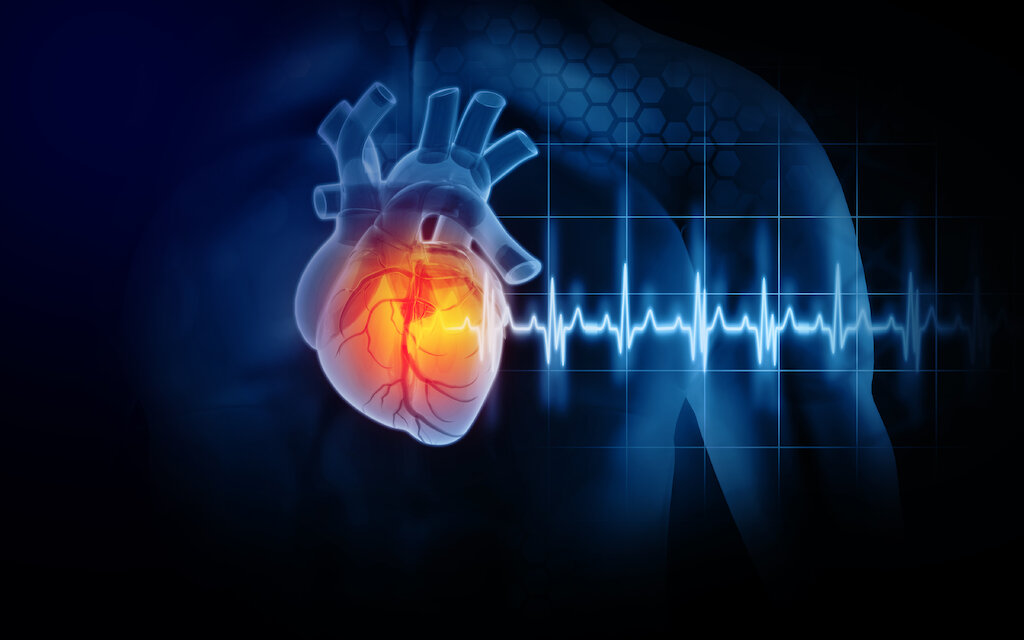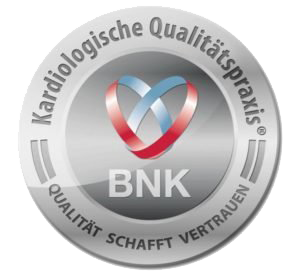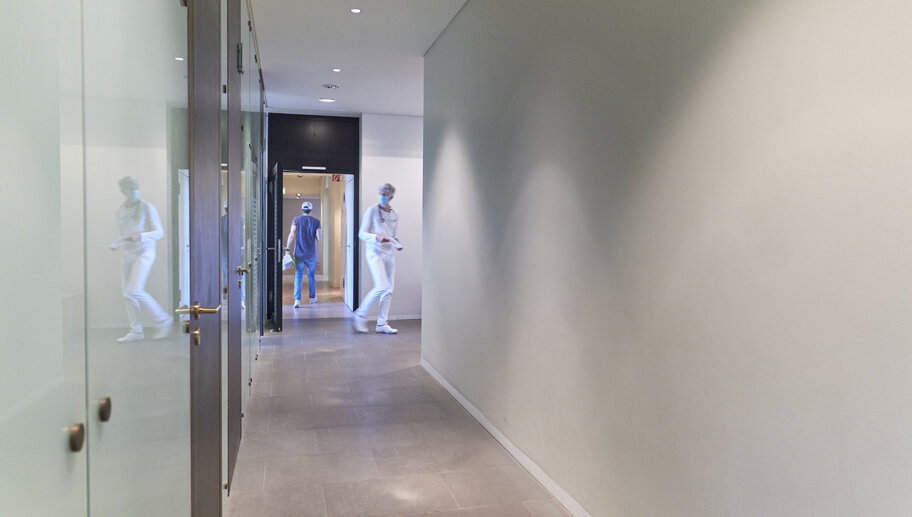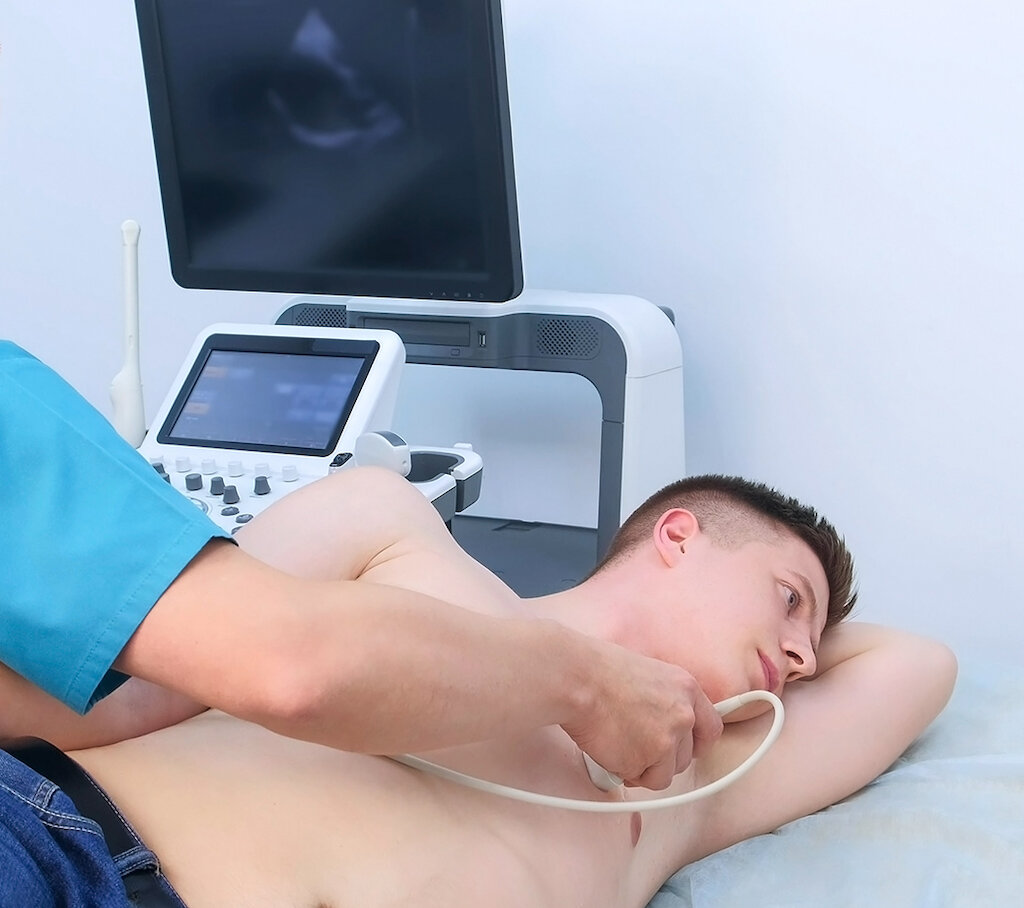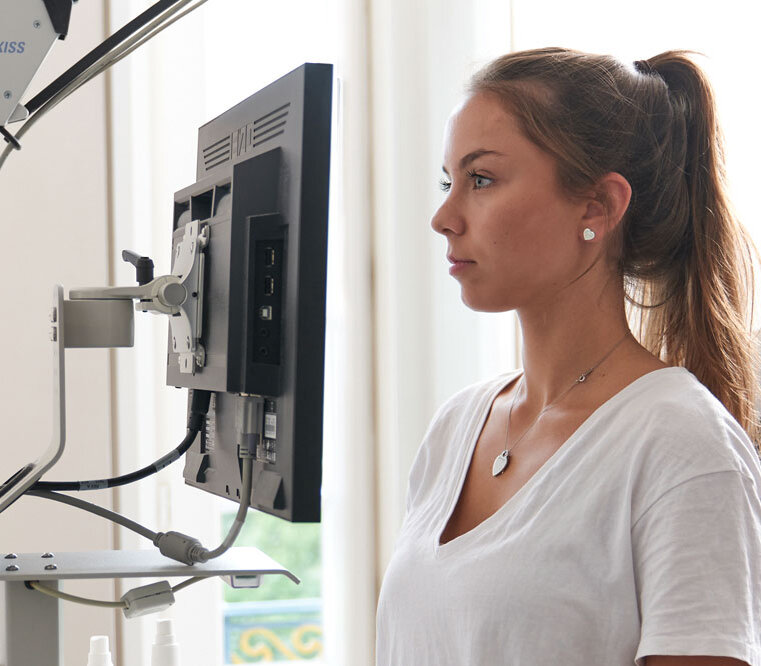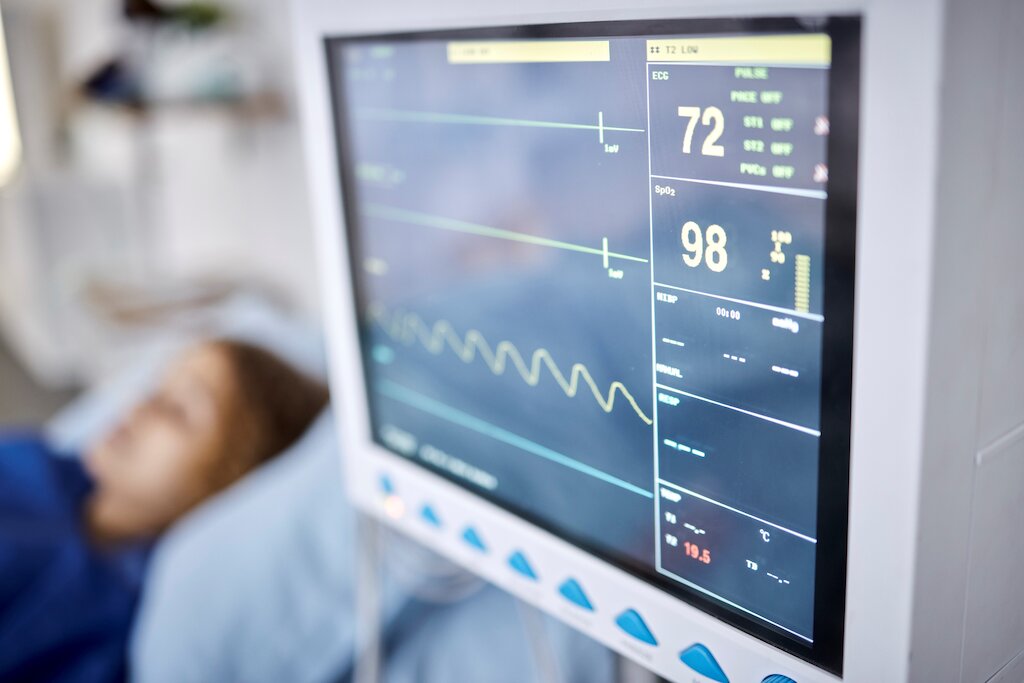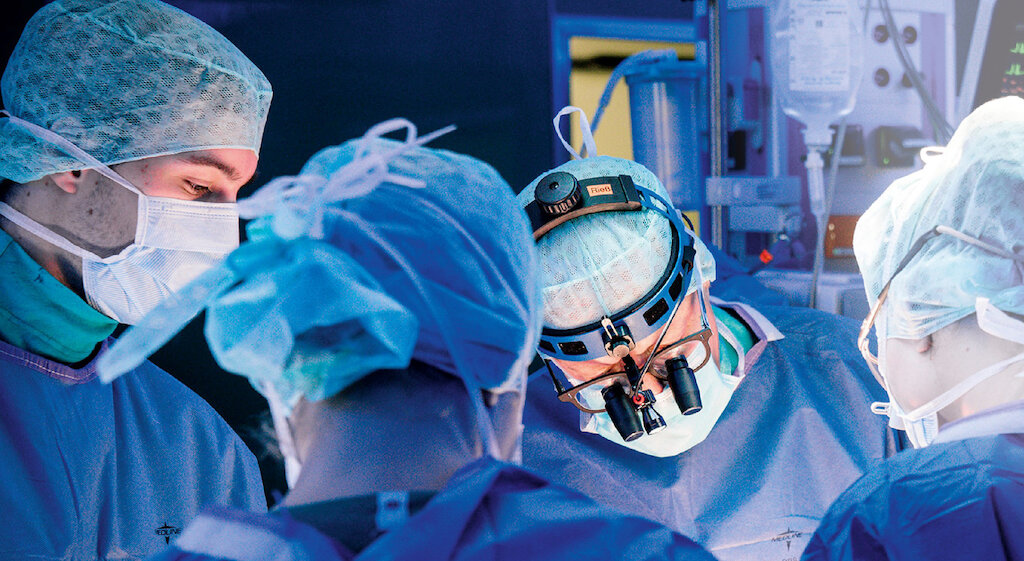Cardiac Magnetic Resonance Imaging:
Visualizing the Anatomy, Function, and Tissue Characteristics of the Heart
Cardiac magnetic resonance imaging, or cardiac MRI (CMR), is an imaging technique that provides detailed, non-invasive visualization of the heart and surrounding structures without the use of ionizing radiation. This technology is based on magnetic resonance imaging, which utilizes strong magnetic fields and radio waves to create high-resolution cross-sectional images of the body's interior.
In cardiology, MRI is primarily used to precisely assess cardiac muscle tissue, cardiac function, and blood circulation of the heart. It provides not only static images but also dynamic real-time recordings of the beating heart. This allows accurate evaluation of the pumping function of heart chambers, wall motion, and stroke volume. It is particularly beneficial in unclear cases of heart failure, suspected myocarditis, or in diagnosing cardiomyopathies—structural changes of the heart muscle.
A significant advantage of cardiac MRI lies in its ability to distinguish between various tissue types. It can differentiate healthy, inflamed, scarred, or poorly perfused heart tissue. This differentiation is primarily achieved through the administration of gadolinium-based contrast agents, which highlight specific tissue areas. For example, late gadolinium enhancement imaging can detect scarring following a heart attack, which is crucial for prognosis and treatment planning.
Furthermore, MRI is used in evaluating congenital heart defects, heart valve diseases, and vascular anomalies such as aortic stenosis or aortic dissection. It is also excellent for visualizing coronary arteries, although computed tomography (CT) is currently more frequently used for this purpose. However, for patients with impaired kidney function or contraindications to iodine-based contrast media, MRI is a good alternative to CT.
Performing a cardiac MRI requires specialized equipment and experience. Because the heart is in constant motion and simultaneously affected by breathing, images must be synchronized with heart activity (ECG-triggered) and often also with respiratory movement. Our experienced medical team performs these examinations using state-of-the-art technology that meets these requirements and enables precise imaging.
Cardiac MRI is an indispensable tool in cardiac diagnostics, providing comprehensive information about the anatomy, function, and tissue characteristics of the heart. The results significantly contribute to making an accurate diagnosis, assessing disease progression, and selecting appropriate treatments. Due to its versatility, accuracy, and radiation-free nature, cardiac MRI is especially valuable for younger patients and complex cardiological cases. For further information or consultation, please schedule an appointment at our practice.



